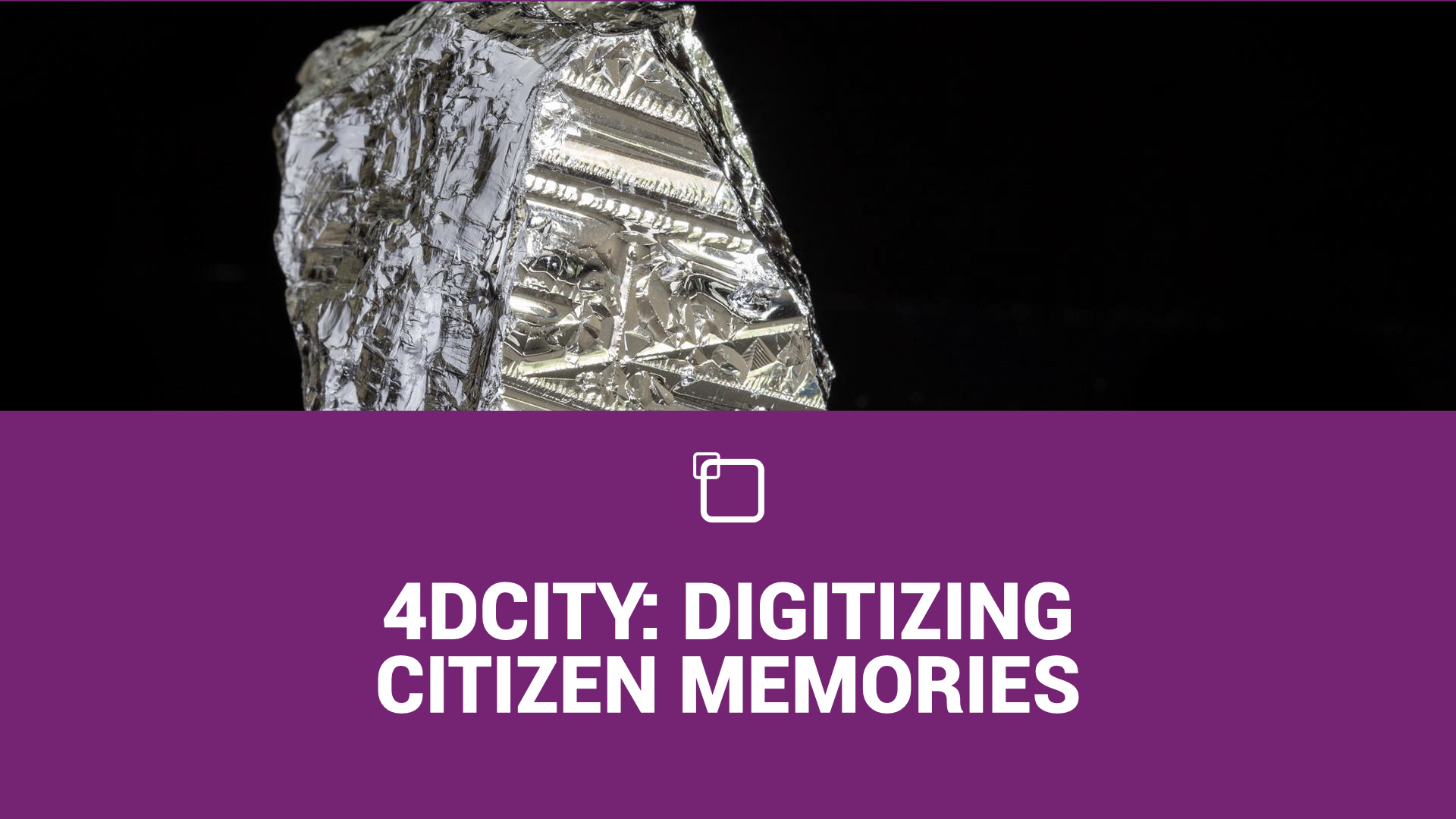In today’s digital age, it is more important than ever to have a way to preserve and access our memories. While physical photo albums and home videos serve as a way to hold onto the past, they are often difficult to share with others and can be lost or damaged over time. This is where our service comes in. By digitizing citizen memories, we can provide a secure and accessible way for individuals to preserve and share their most precious memories with friends and loved ones.
One of the main benefits of digitizing citizen memories is the ability to easily share them with others. With physical photo albums and home videos, it can be difficult to share these memories with people who live far away or who were not present when the memories were created. However, by digitizing these memories and storing them in the cloud, they can be easily accessed and shared with anyone, anywhere, at any time. This is especially useful for families who may have members living in different countries or for individuals who want to share their memories with future generations.
Another benefit of digitizing citizen memories is the added security and preservation of these memories. Physical photo albums and home videos are prone to damage and can easily be lost or destroyed in natural disasters or accidents. By digitizing these memories, they can be stored in a secure online location where they can be easily backed up and protected from potential loss or damage.
In addition to the practical benefits of digitizing citizen memories, there is also an emotional aspect to consider. Our memories are an integral part of who we are and help shape our identity. By digitizing these memories and making them easily accessible, we can help individuals better understand and connect with their past, which can have a profound impact on their sense of self and overall well-being.
In conclusion, there are numerous benefits to digitizing citizen memories. From the ability to easily share memories with others to added security and preservation, this service offers individuals a way to hold onto their most precious memories and share them with loved ones.
Hire our service to 4D your city digitize citizen memories: info@heritageinnovation.eu

First and foremost, digitizing citizen memories can help preserve important cultural and historical records. By digitizing photos, home videos, and other memories, institutions can create a permanent record of a community’s history and culture that can be accessed and shared by future generations. This is especially important for institutions that are responsible for preserving the history and culture of a particular community or region.
In addition to preserving cultural and historical records, digitizing citizen memories can also help to foster a sense of community and connection among citizens. By providing a platform for individuals to share their memories and experiences, institutions can create a sense of belonging and encourage people to feel more connected to their community. This can be especially important in times of crisis or social isolation, when people may be feeling disconnected from one another.
Digitizing citizen memories can also be a useful tool for institutions to engage with citizens and gather feedback. By allowing individuals to share their memories and experiences, institutions can gain valuable insights into the needs and concerns of their community. This can be useful for policymakers and decision-makers as they work to address the needs of the community and develop policies that reflect the values and priorities of its citizens.
There are several reasons why an institution or mayorship may want to consider paying for a service in Europe to digitize citizen memories. From preserving cultural and historical records to fostering a sense of community and engagement, this service has the potential to benefit both individuals and institutions in a variety of ways.
To know more:
Cover: Image by Catherine Breslin / Better Images of AI / Silicon on Black 1 / CC-BY 4.0

